Taking care of your puppy’s health
Six tips to keep your puppy healthy
1. Learn to read your puppy’s body language so you spot if they might be ill.
2. If you feel something isn’t right, or your puppy doesn’t seem their usual self, speak to your vet.
3. Make sure your puppy gets the right nutrition from a specialist, well-balanced puppy diet.
3. Give your puppy plenty of opportunities to sleep and rest quietly during the day, as well as at night.
4. Dogs enjoy company, so spend time with your puppy and remember to interact and play with them.
5. Always follow your vet’s recommended vaccination and worming schedule.
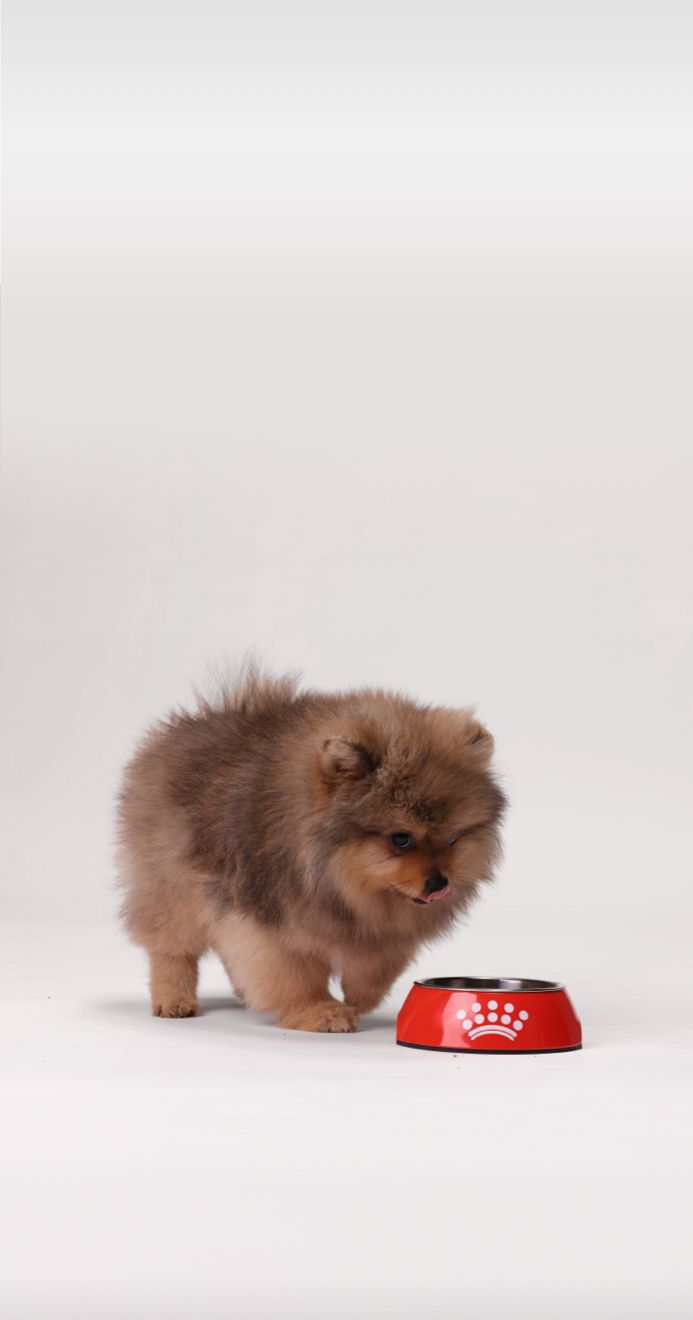
Find the right product for your pet
Answer a few questions about your pet
Get their tailored food recommendation
Keep your pets diet always updated
Build your puppy’s immunity with tailored nutrition
How to make the most of your puppy’s first visit to the vet
Once your puppy feels at home, it’s time for them to see the vet. There are important checks and treatments your vet needs to carry out, such as vaccinations and worming. These simple procedures will give your puppy the very best start to life.
First vet visitVaccinations and worming
Further reading
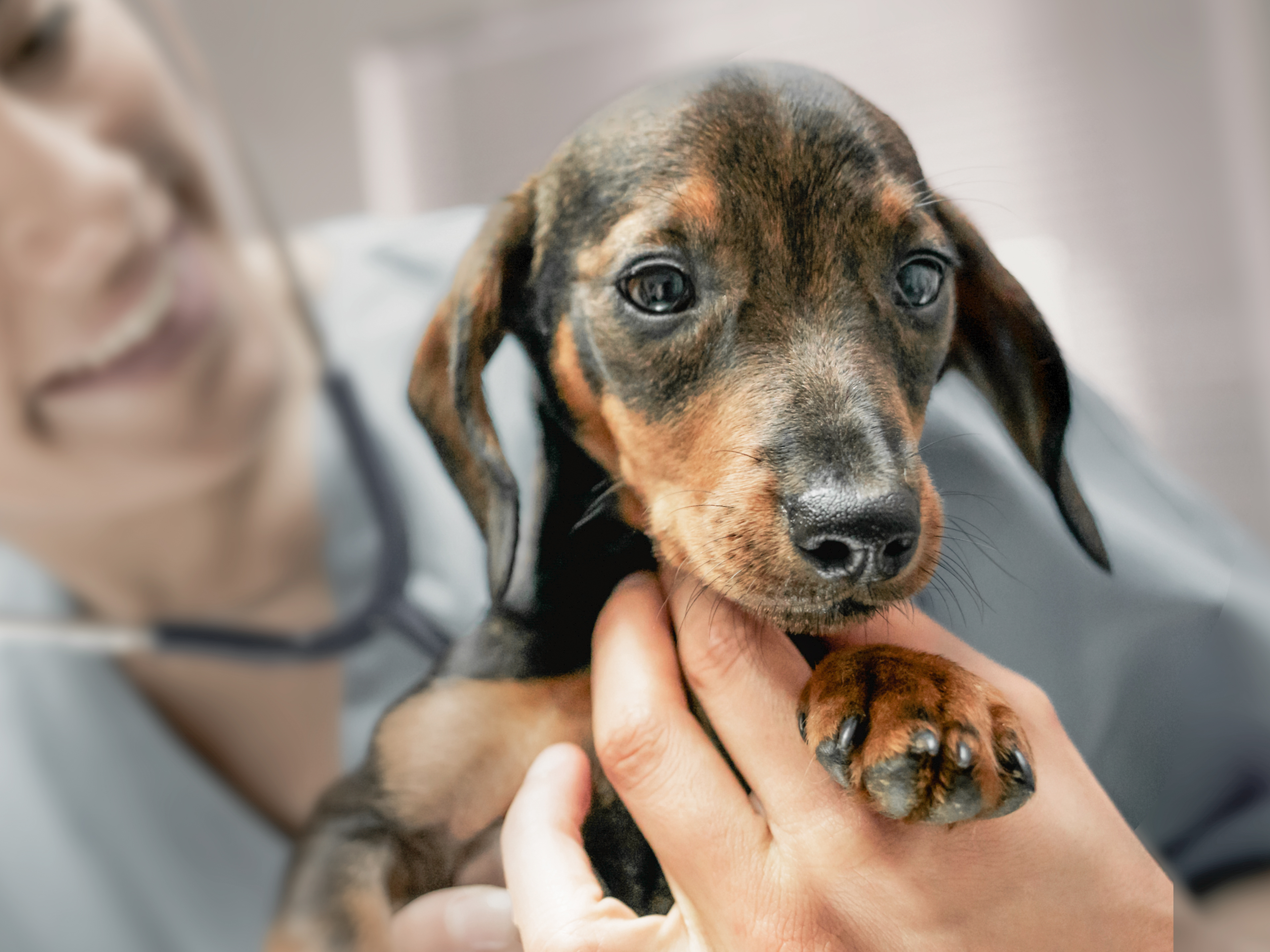
Should I sterilise my puppy?
Sterilising your puppy means you won’t be able to breed from them as it stops the production of sperm or eggs. But it does offer a variety of health and behavioural benefits as well as preventing unwanted litters.
In male dogs, sterilisation is called neutering and in female dogs it’s called spaying. Both involve your puppy being anaesthetised and having a small operation by a vet.
The benefits of puppy neutering and spaying

Male dogs
- Reduced risk of testicular and anal gland tumours and prostate enlargement.
- Male dogs are less likely to mark their territory in your garden.
- Your male dog is less likely to rove, make urine markings or be aggressive.
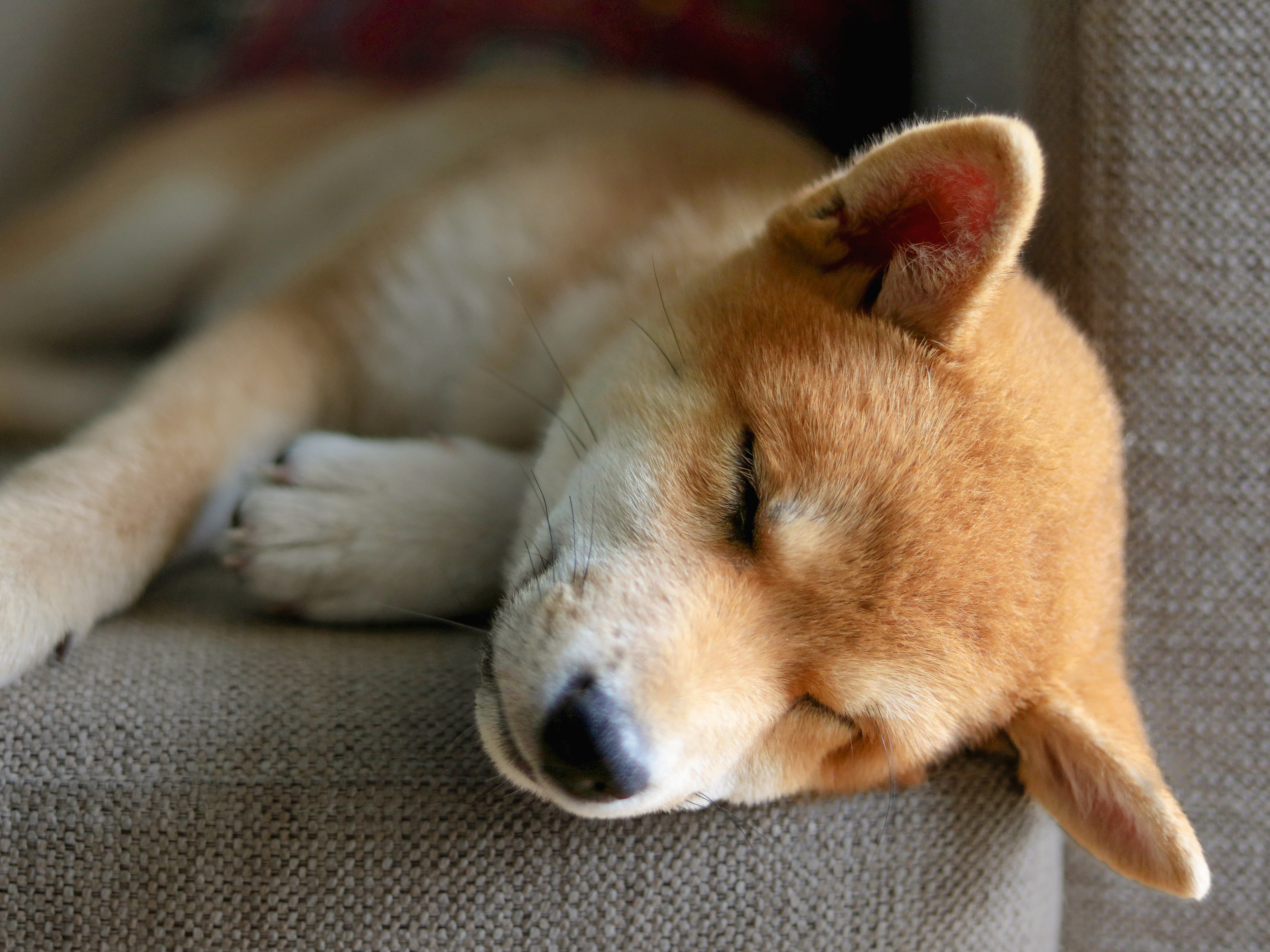
Female dogs
- Prevents mammary gland tumours.
- The symptoms of being in heat are removed or reduced.

Both
- Prevents sexually transmitted diseases.
- Female dogs are no longer attractive to male dogs.
- No unwanted litters.

Male dogs
- Reduced risk of testicular and anal gland tumours and prostate enlargement.
- Male dogs are less likely to mark their territory in your garden.
- Your male dog is less likely to rove, make urine markings or be aggressive.

Female dogs
- Prevents mammary gland tumours.
- The symptoms of being in heat are removed or reduced.

Both
- Prevents sexually transmitted diseases.
- Female dogs are no longer attractive to male dogs.
- No unwanted litters.
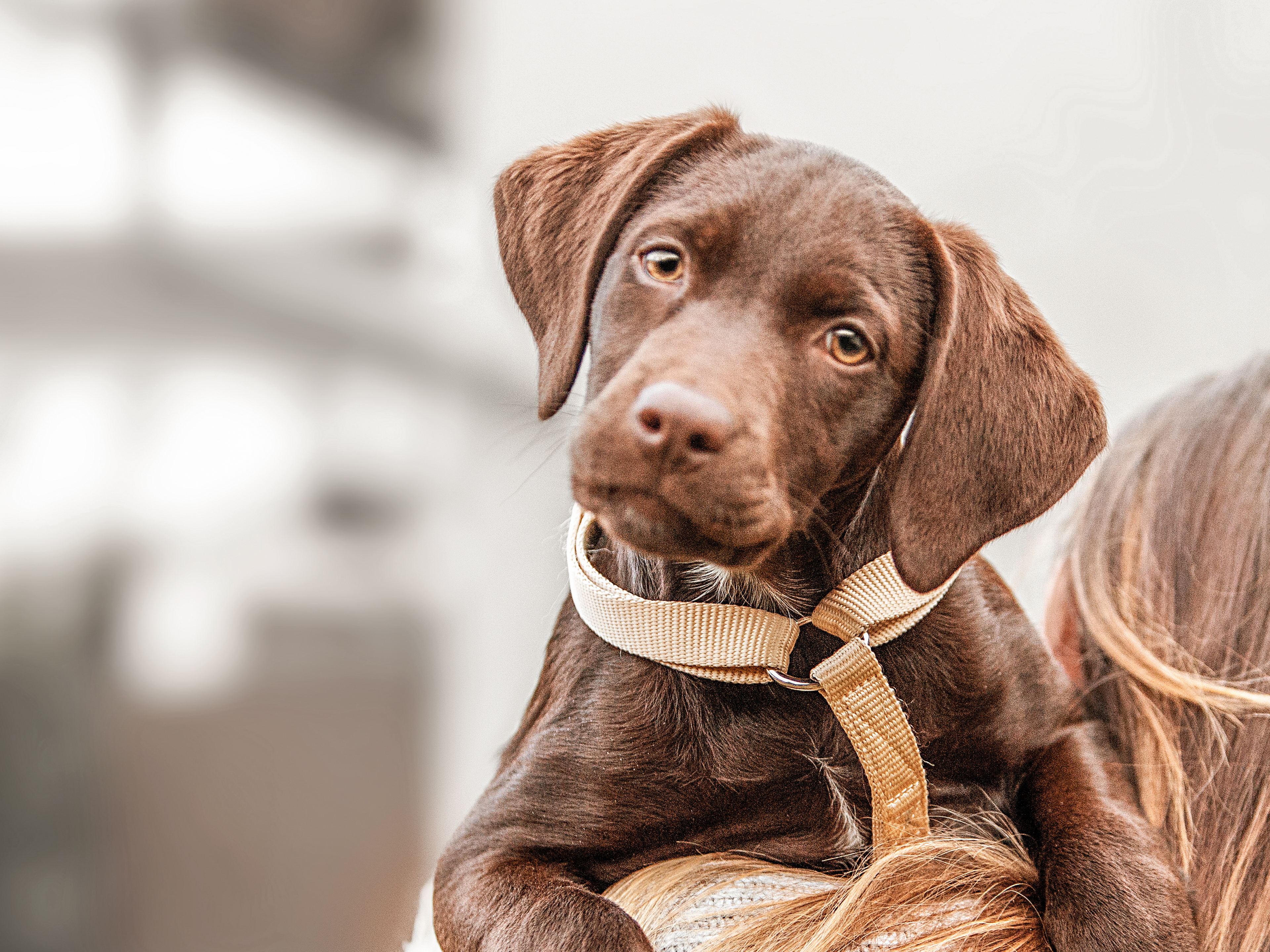
When to have your puppy neutered or spayed
Changing your puppy’s diet after sterilisation
Further reading
Common health issues for puppies
Knowing the common health issues your puppy might face, and the symptoms to look out for, can help you feel reassured and take better care of your puppy.
Common health issues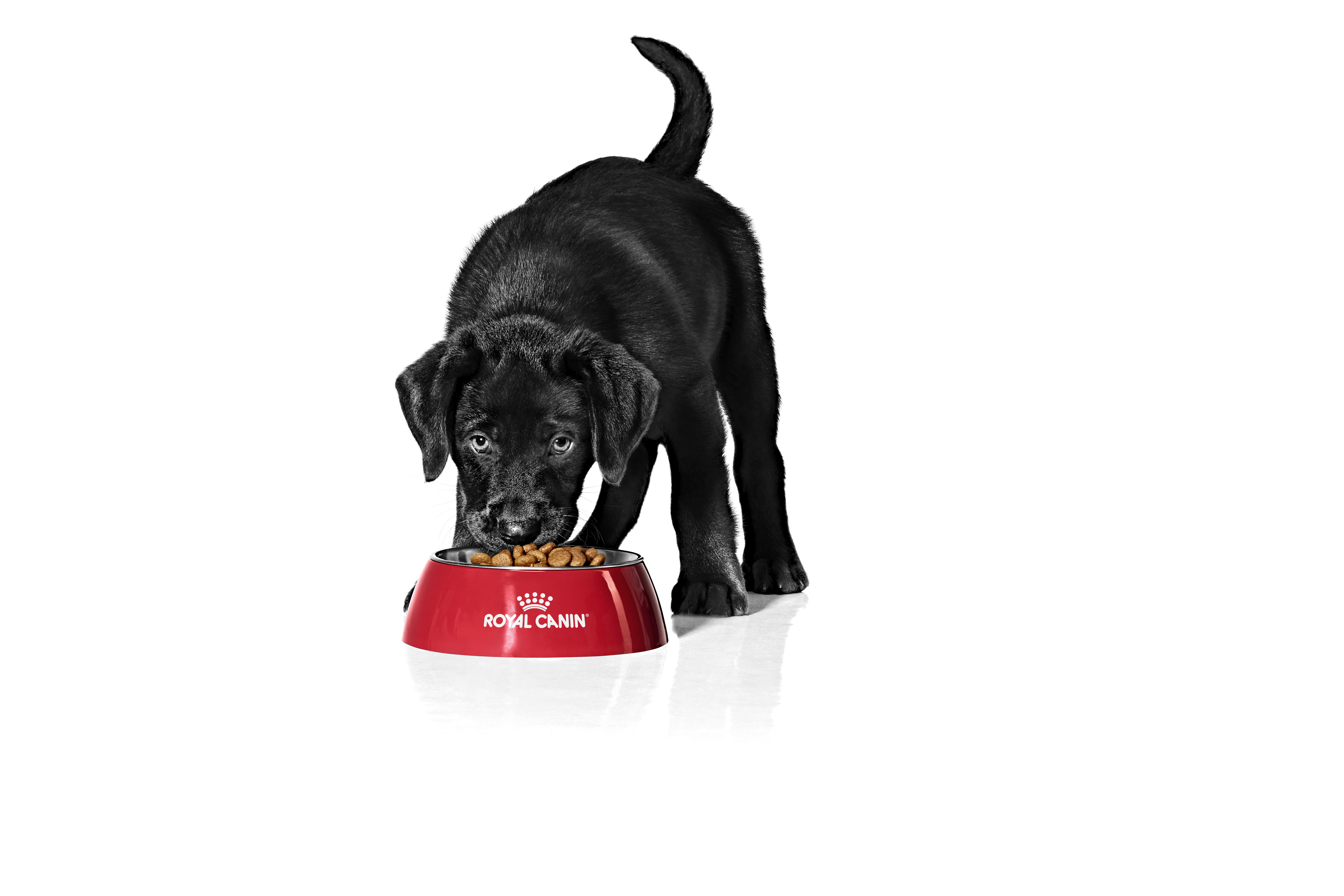
The right nutrition to help your puppy stay healthy
View puppy ranges
Nutrition tailored to meet the specific needs of puppies of different ages, sizes and breeds.